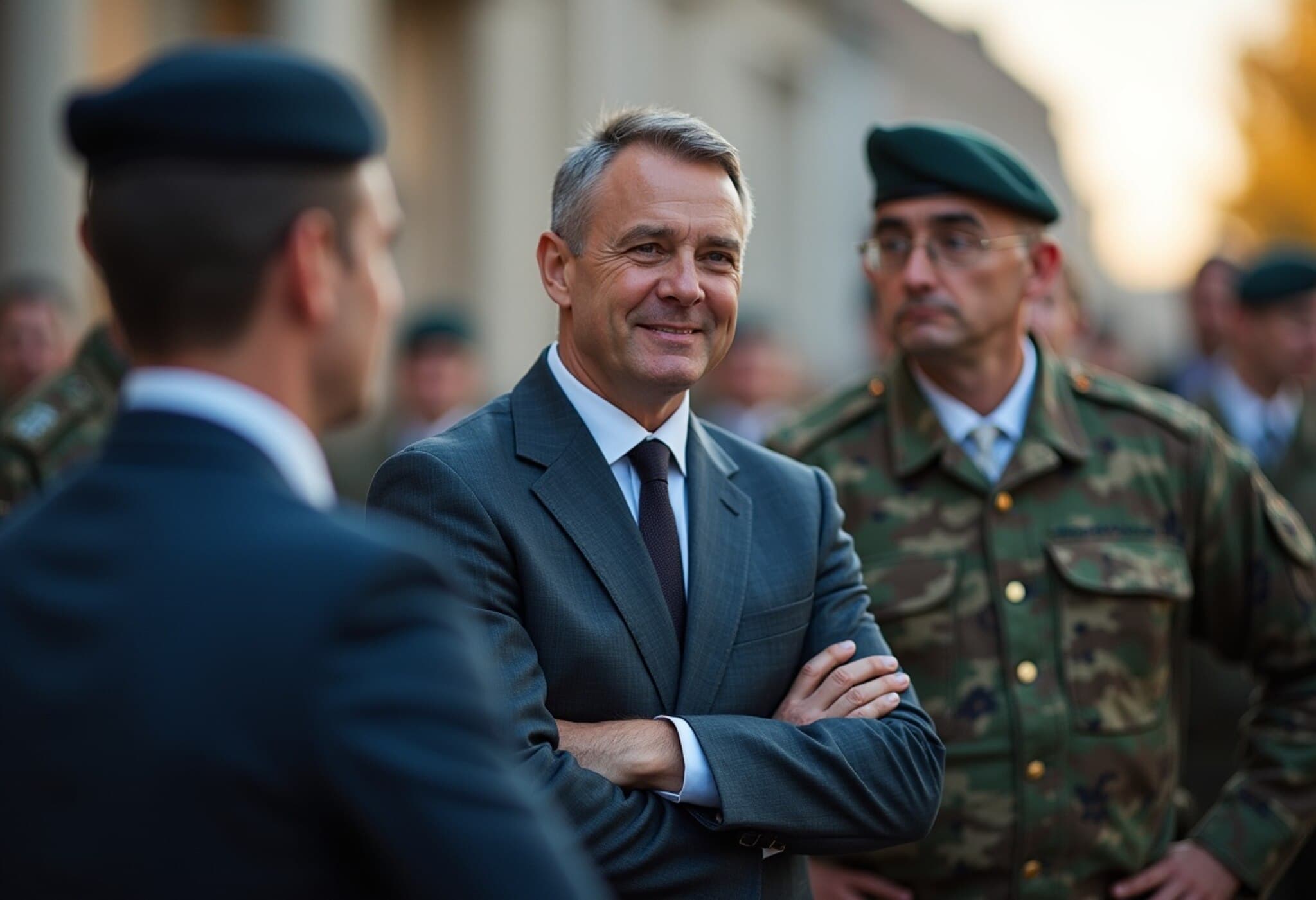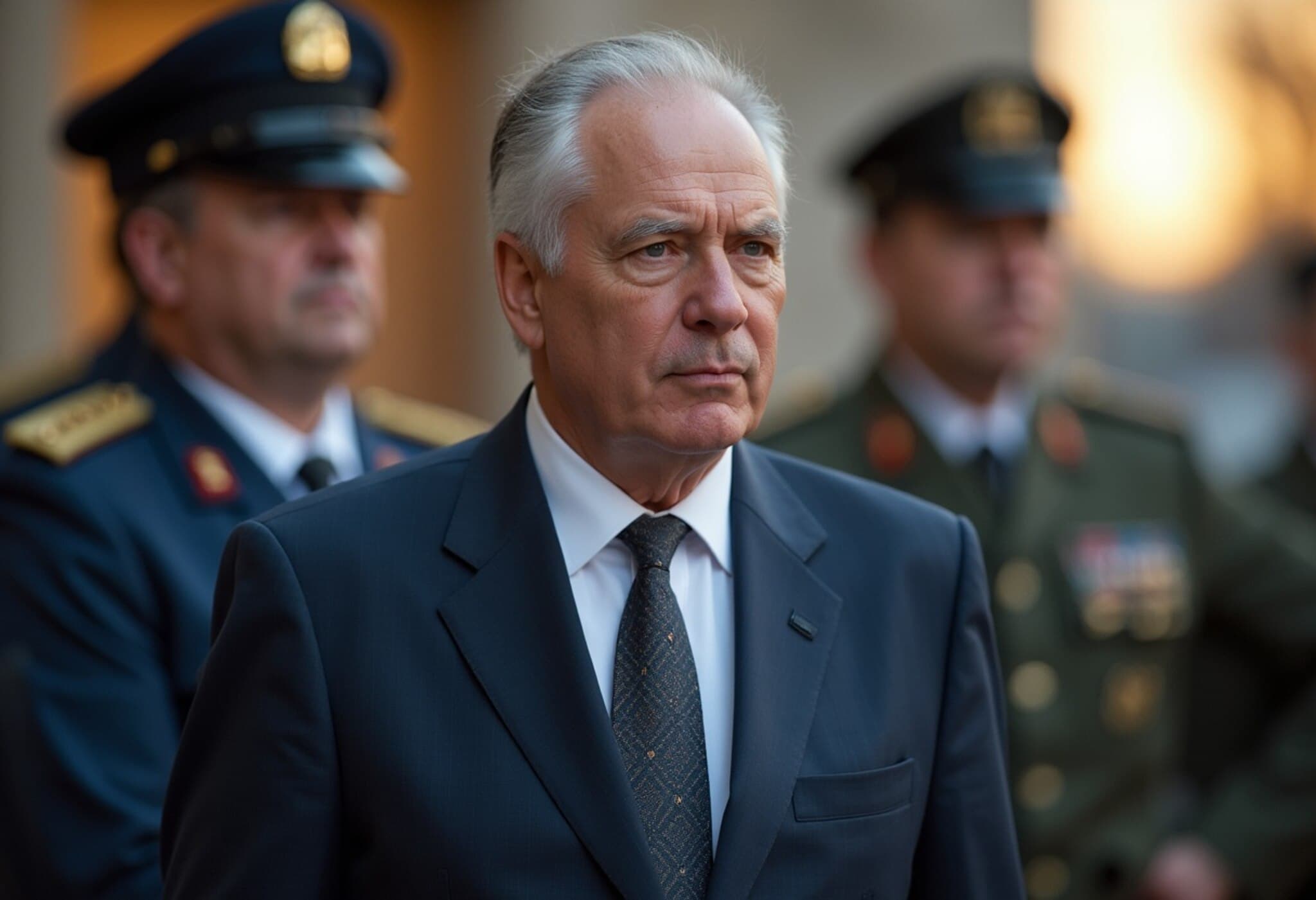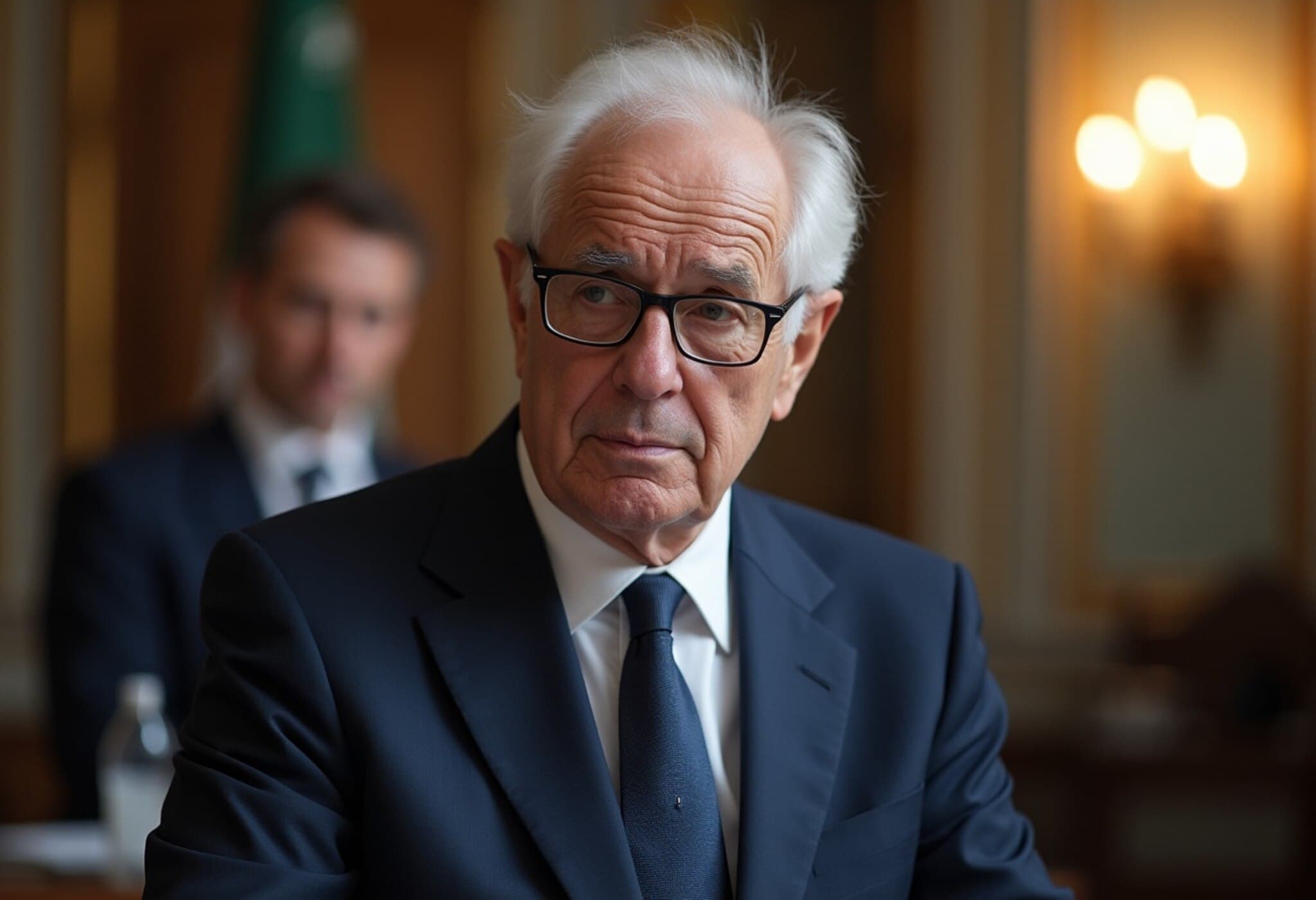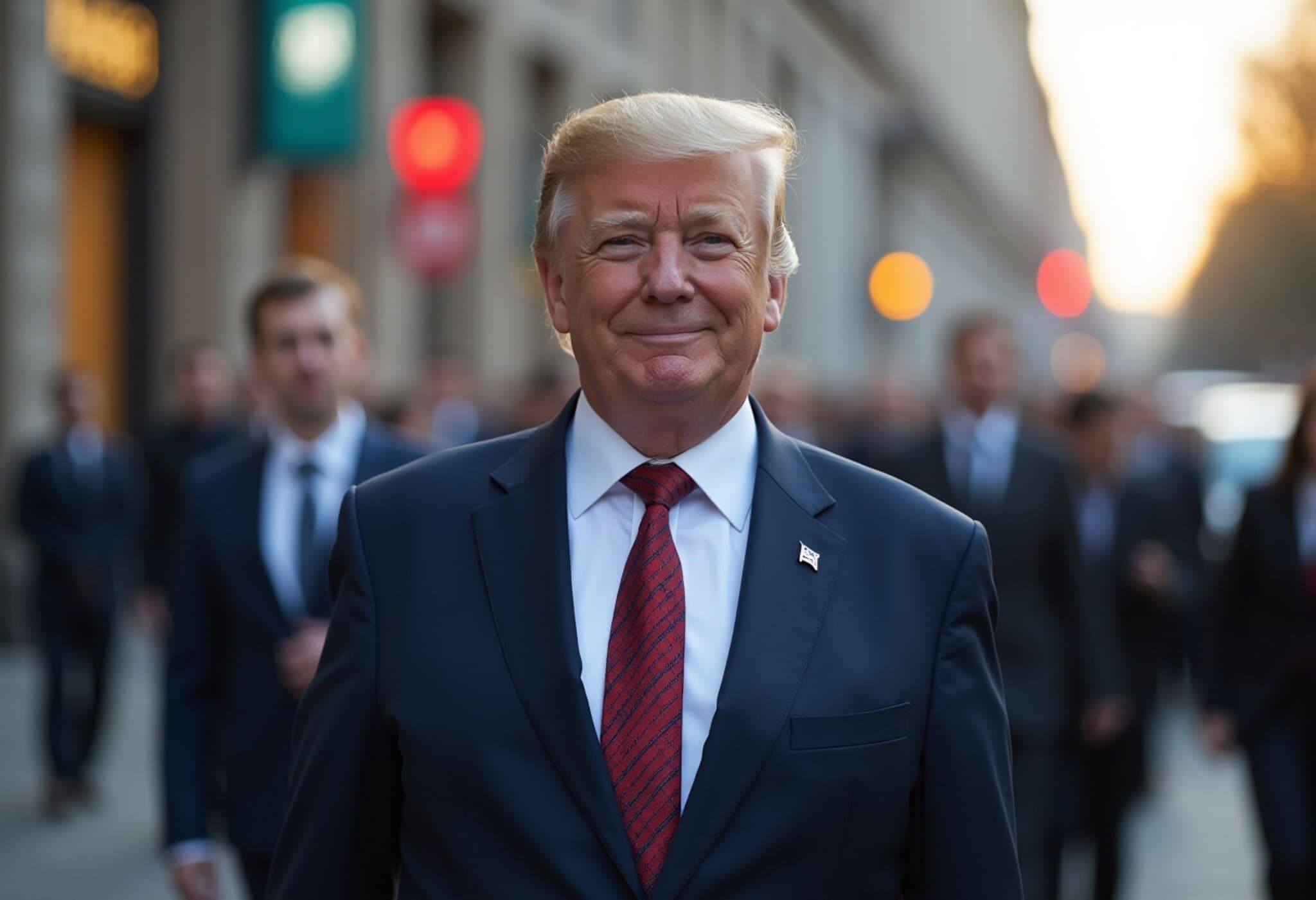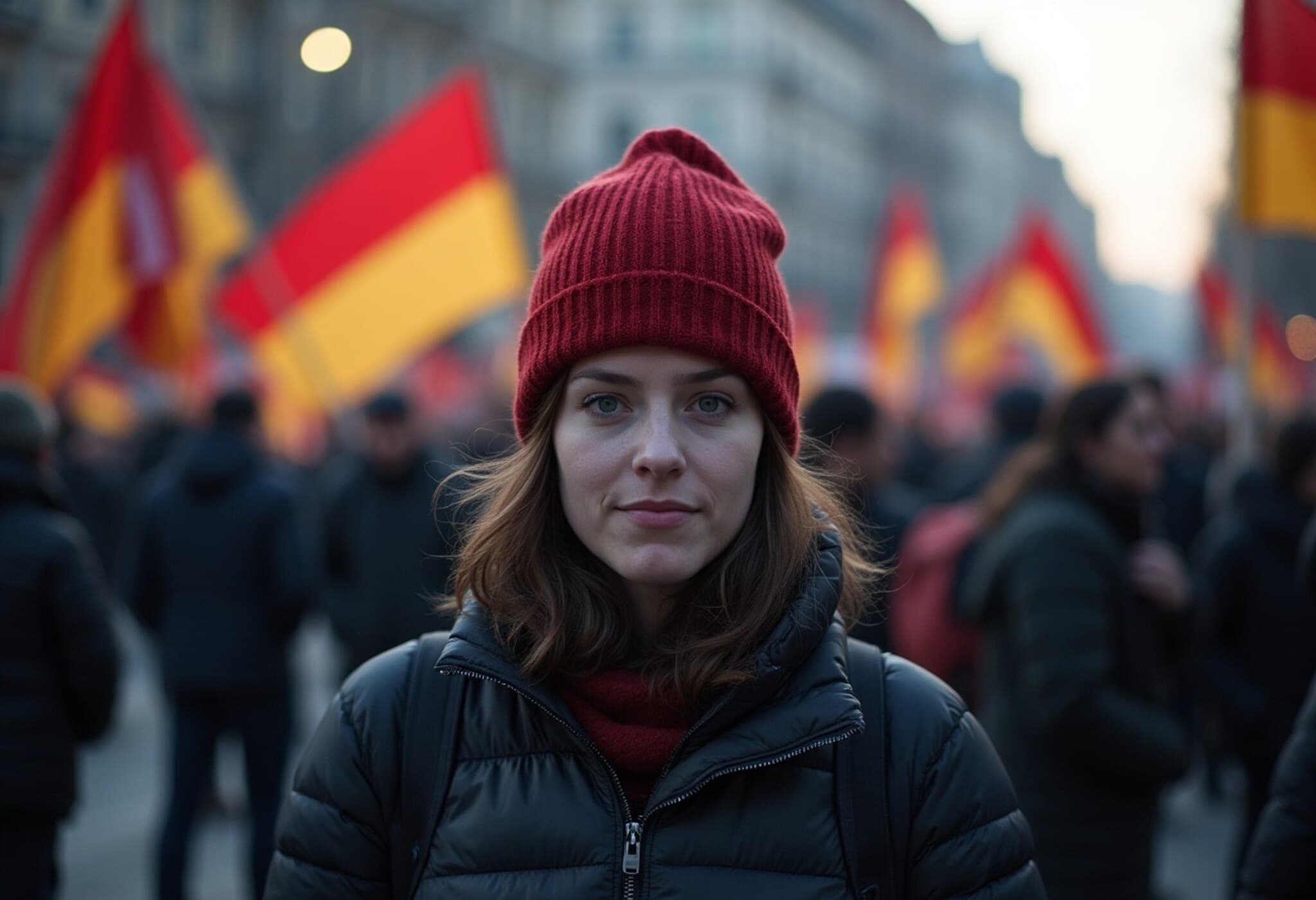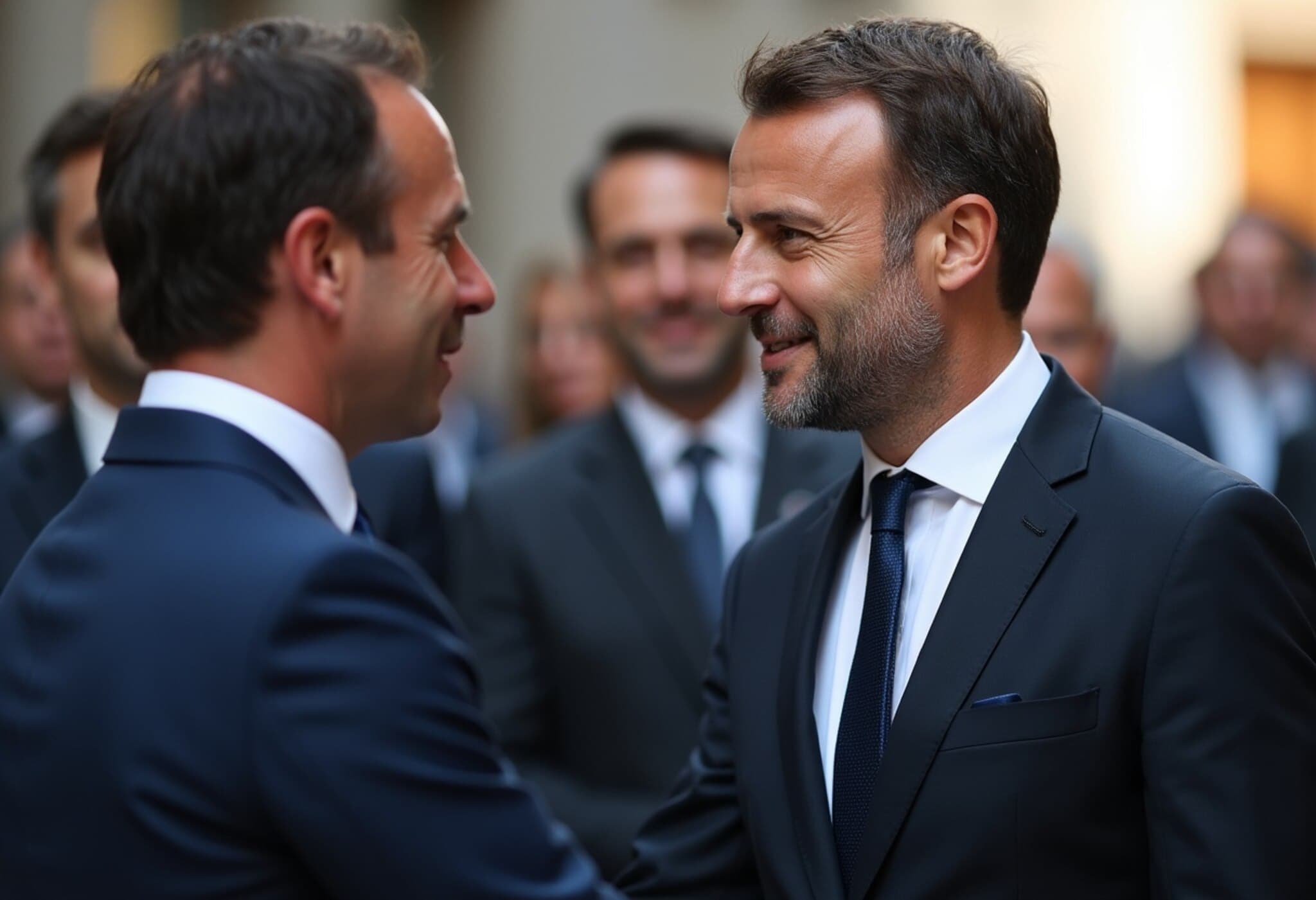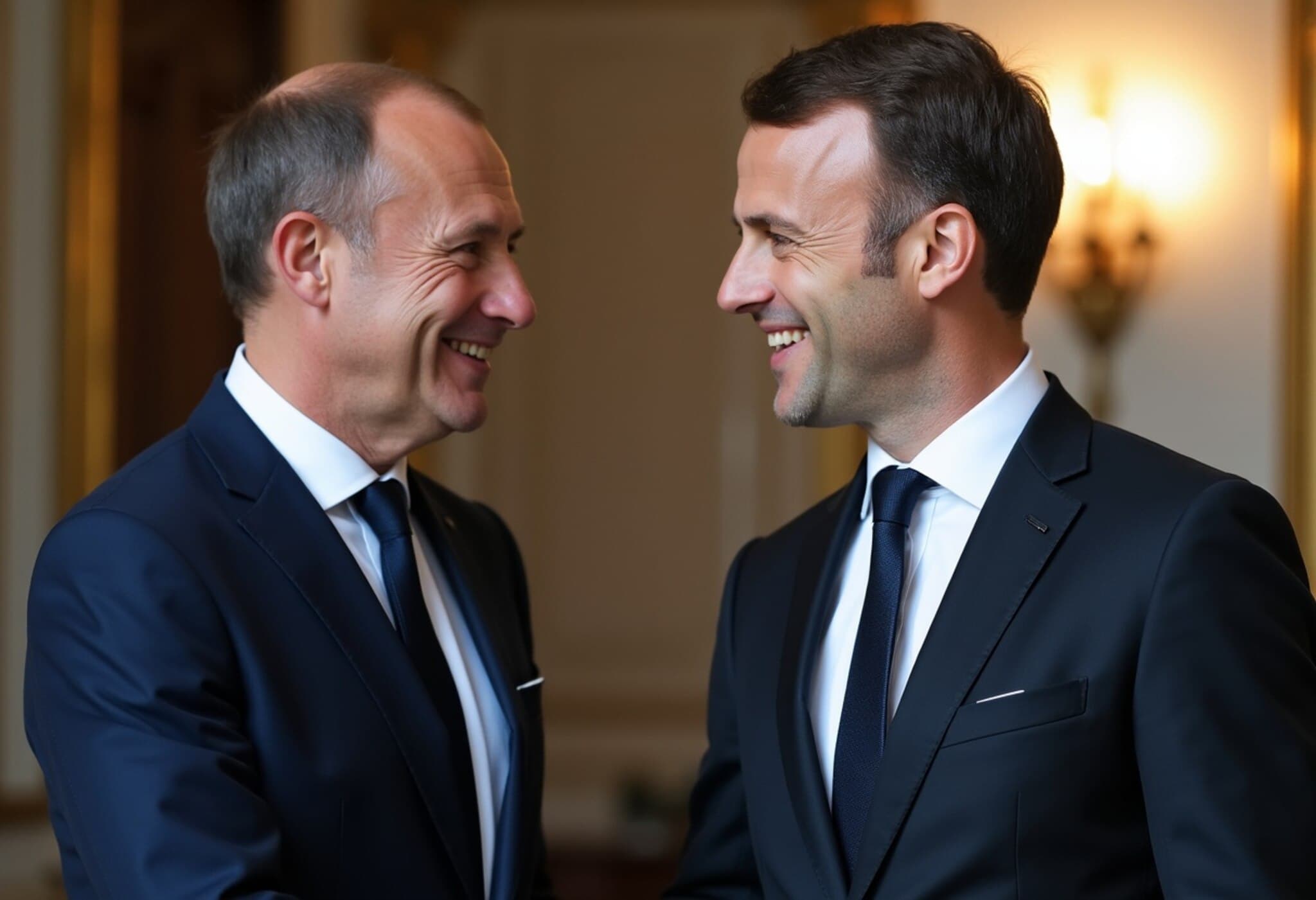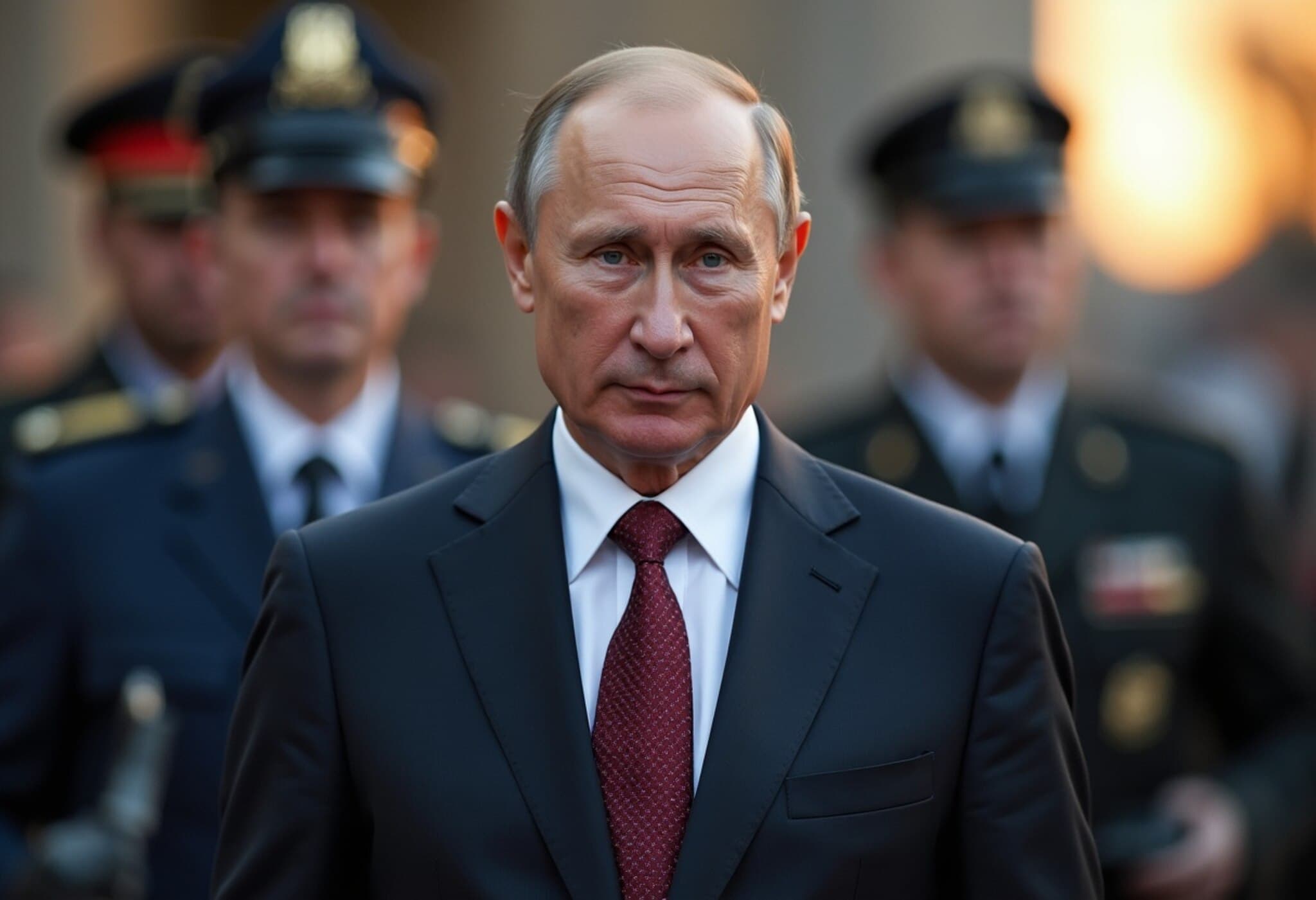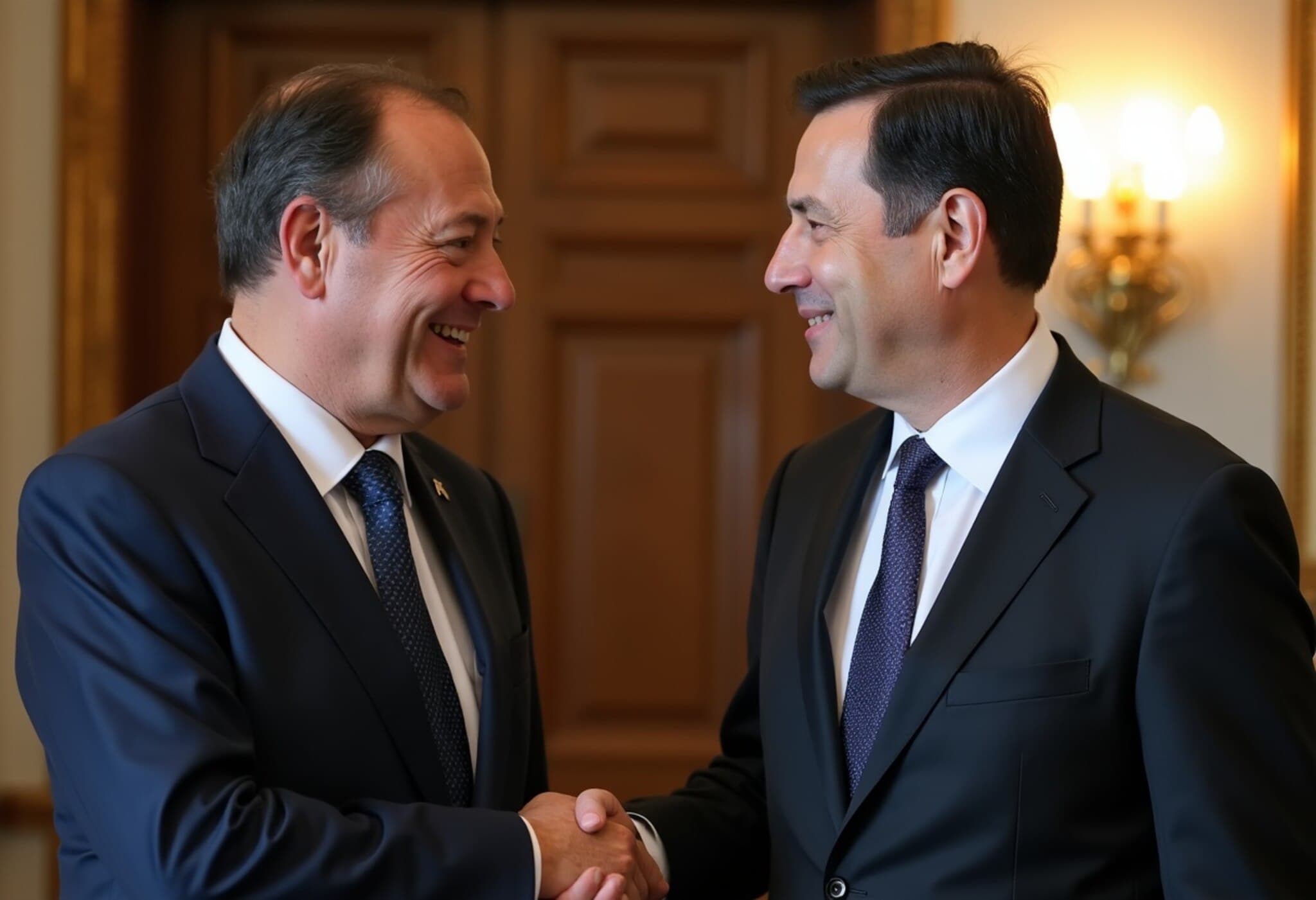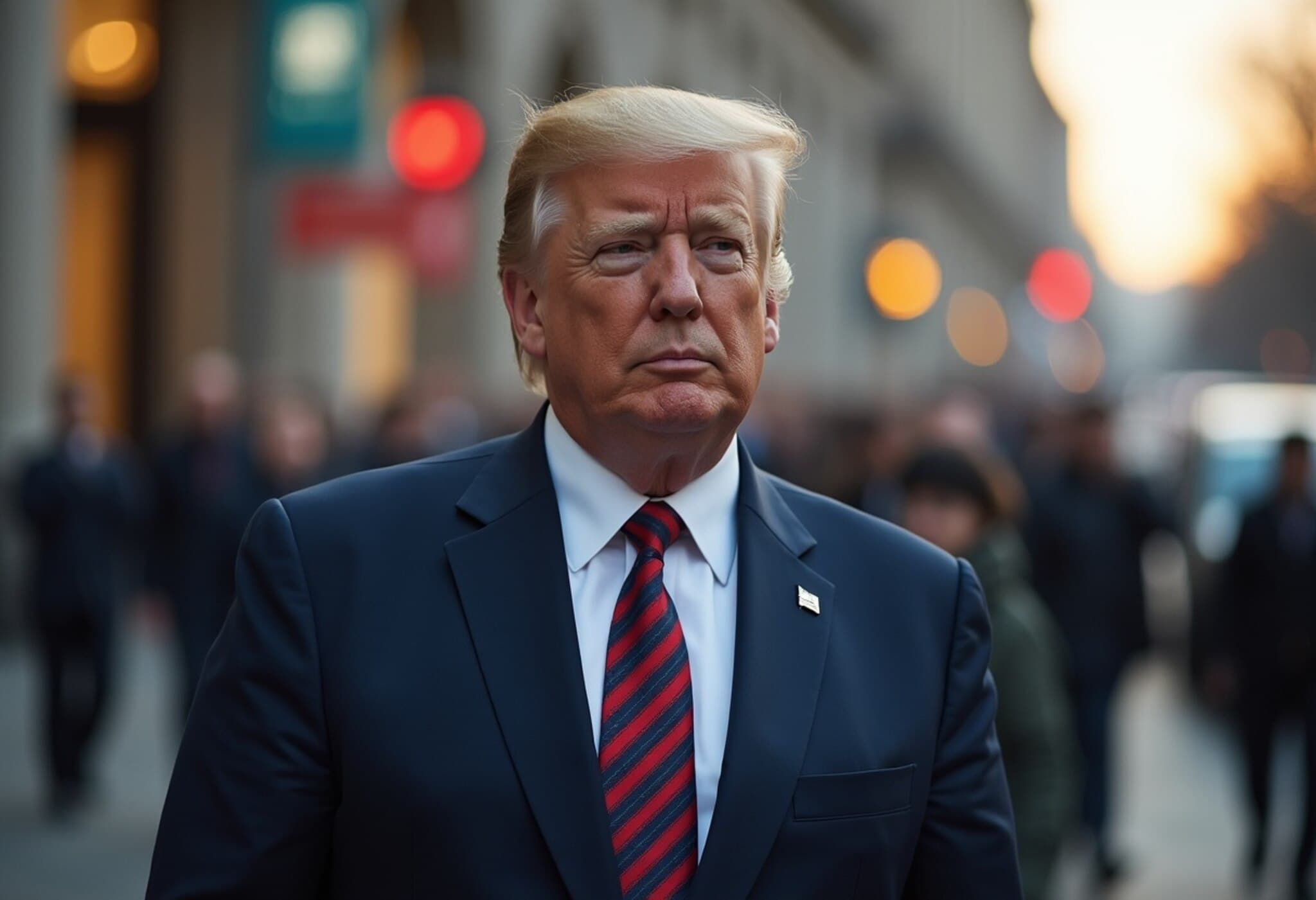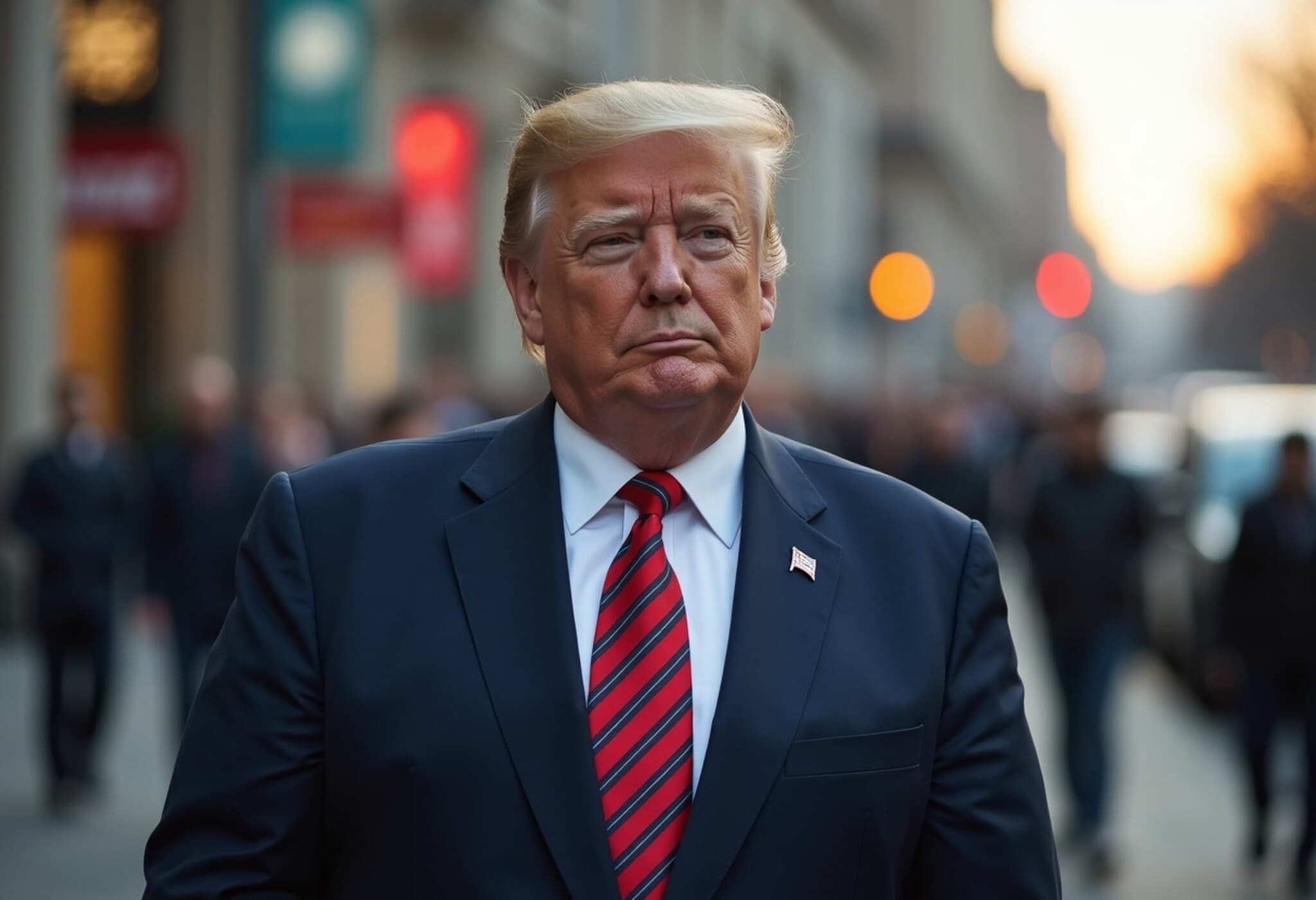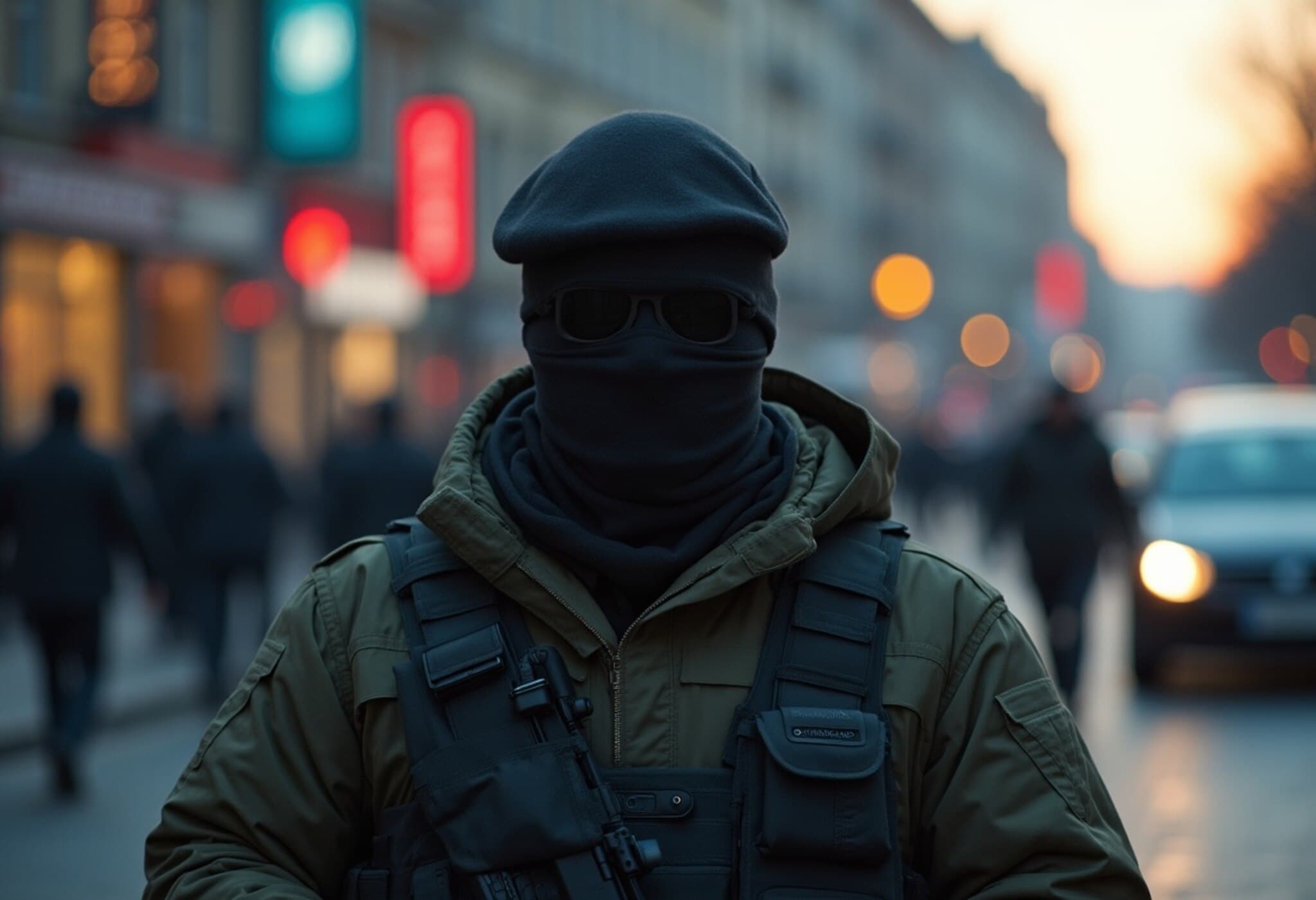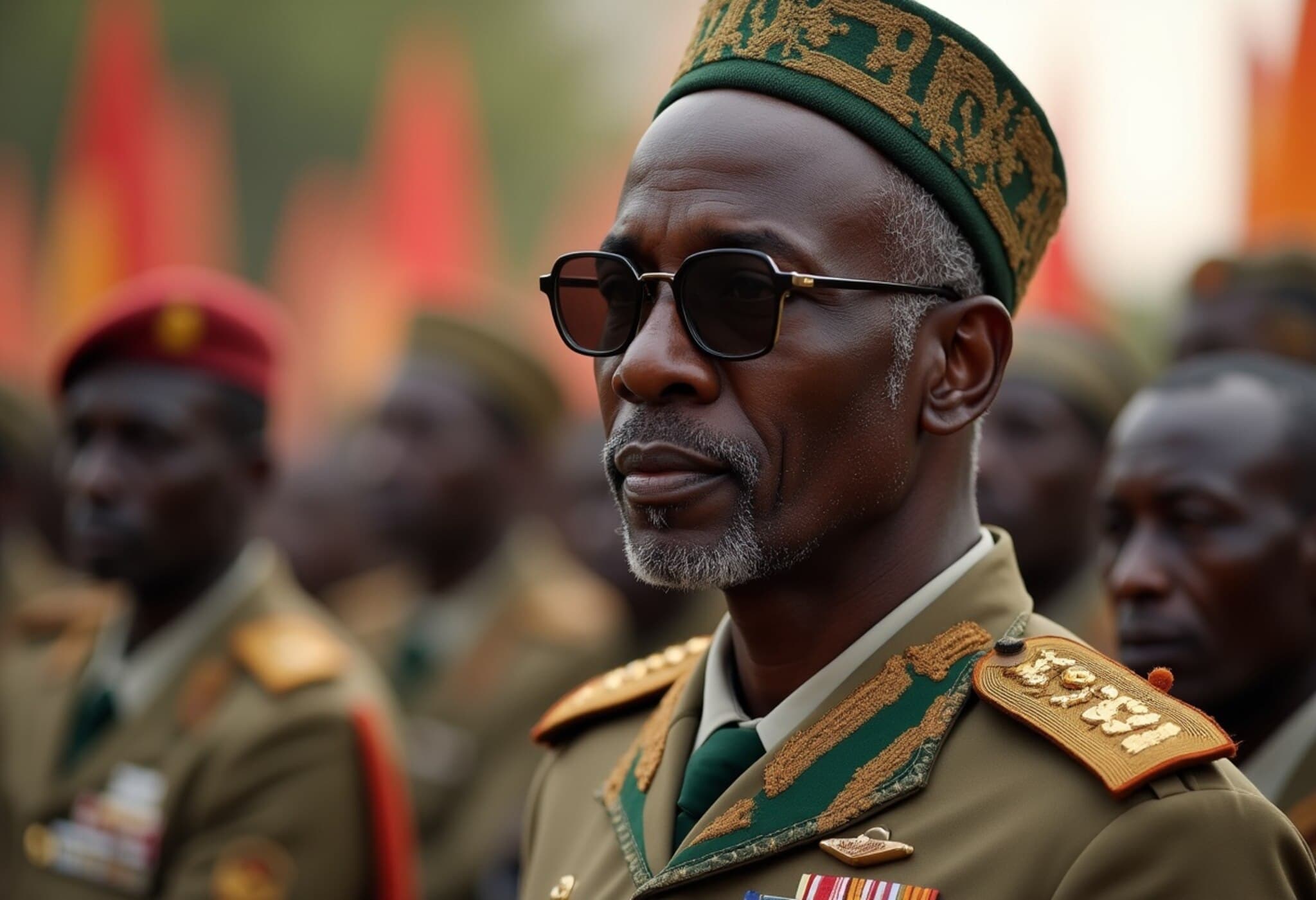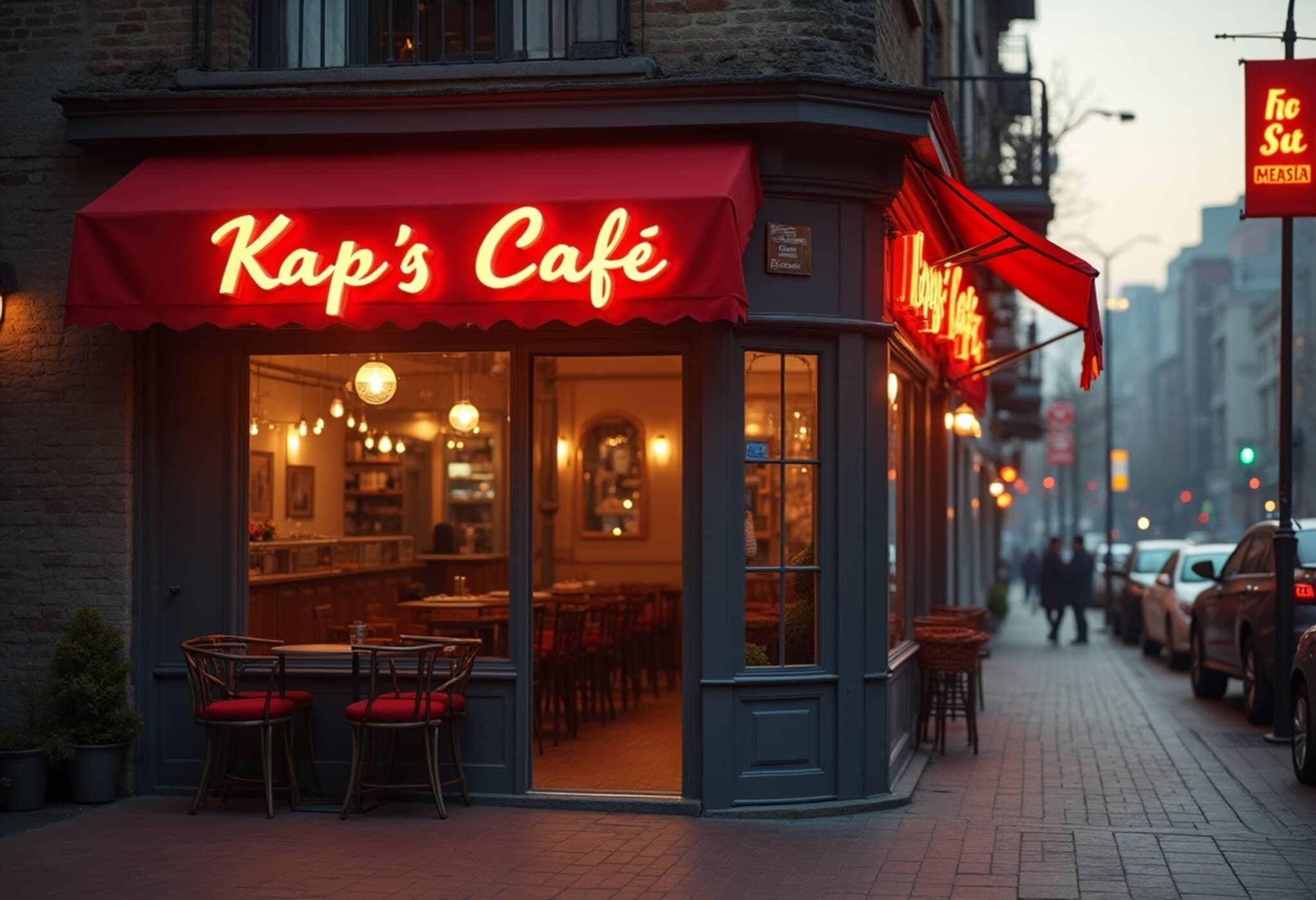Paris to Host Headquarters for Post-Ceasefire Ukraine Multinational Force
In a significant move signaling ongoing Western commitment to Ukraine’s future security, countries prepared to contribute troops to a post-ceasefire peacekeeping force have agreed to establish the headquarters in Paris. This rapid deployment hub aims to streamline coordination once active hostilities in Russia's war against Ukraine come to an end.
US Participates in Coalition Talks for the First Time
Marking a notable development, a United States delegation attended the coalition meeting on Thursday, held alongside the Ukraine Recovery Conference in Rome. The delegation was led by retired Lieutenant General Keith Kellogg, the special envoy for Ukraine and Russia under former President Donald Trump, accompanied by bipartisan US Senators Lindsey Graham (R) and Richard Blumenthal (D). Both senators are known for their strong stance on Russia, having co-sponsored a sanctions bill proposing an aggressive 500% tariff on imports from nations purchasing Russian oil.
French President Emmanuel Macron and UK Prime Minister Keir Starmer joined via videoconference, with Macron currently on a state visit in London. The inclusion of US representatives in these talks highlights growing transatlantic collaboration on Ukraine’s security landscape.
Structure and Mission of the Multinational Force Ukraine
The coalition revealed plans to base the force’s initial one-year headquarters in Paris, followed by a rotation to London. Additionally, a coordination cell will be established in Kyiv, Ukraine’s capital, underscoring the importance of local engagement.
While specific troop contributors were not disclosed, the Multinational Force Ukraine is anticipated to deliver critical logistical support, military training, and security operations. Its mandate includes helping rebuild Ukraine’s armed forces and securing strategic air and maritime domains — notably the skies above Ukraine and the Black Sea region.
At this stage, no formal troop commitments were announced, and the exact role of the US delegation remains unclear, raising questions about the depth of American involvement in operational planning.
Voices from Leadership: The West’s Unified Front and the Road Ahead
UK Prime Minister Keir Starmer emphasized the role of the force as a "reassurance mechanism" vital for European security, intended to deter future Russian aggression for years to come. “Our coalition of the willing is committed to ensuring a capable future force post-ceasefire,” he stated.
Italian Prime Minister Giorgia Meloni hailed the US participation as a "fundamental sign" of Western unity. Speaking from Rome, she underscored the necessity of continued pressure on Moscow coupled with the role of deterrence to enable a genuine ceasefire. “Diplomacy will only prevail if it is backed by credible deterrence — something not lost on those engaged in this conflict,” Meloni remarked.
Ukrainian President Volodymyr Zelenskyy expressed gratitude towards the US delegation and welcomed recent supportive signals from Donald Trump. “These affirmations matter deeply, and we look forward to strengthening this coalition together going forward,” Zelenskyy said, offering hope for expanded international solidarity.
Expert Insights and Broader Implications
This development elucidates several important dynamics in the ongoing geopolitical landscape:
- Western Strategic Coordination: Establishing a permanent coalition-led force headquartered in two key European capitals represents a calibrated approach toward maintaining long-term peace and deterring future aggression.
- US Engagement Nuances: While the US presence at talks signals renewed involvement, the ambiguity around commitments could reflect Washington’s cautious balancing act amid domestic political currents and global priorities.
- Implications for Regional Stability: A credible multinational force could stabilize Ukraine’s defense capabilities post-conflict, contributing to broader European security architecture and sending a clear message to Russia.
- Ongoing Pressure Versus Diplomacy: The coalition's position that deterrence, alongside sanctions and diplomatic efforts, is vital to ending hostilities reframes the narrative away from immediate peace toward sustainable security governance.
Looking Ahead
As the war evolves, this initiative highlights the complex interplay of military readiness, diplomatic strategy, and international solidarity. It prompts critical questions on how post-conflict reconstruction and security can be managed effectively in Ukraine — a country at the heart of 21st-century geopolitics.
Editor’s Note
Setting up the headquarters in Paris for the post-ceasefire multinational force is a strategic gesture of Western unity but also a tacit recognition of the long-term challenges Ukraine faces. The US delegation’s tentative participation raises questions about the trajectory of American policy toward the conflict amid shifting political landscapes. For readers and policymakers alike, this development invites reflection on how peacekeeping efforts can blend deterrence with diplomacy to secure a stable future for Ukraine and Europe.

